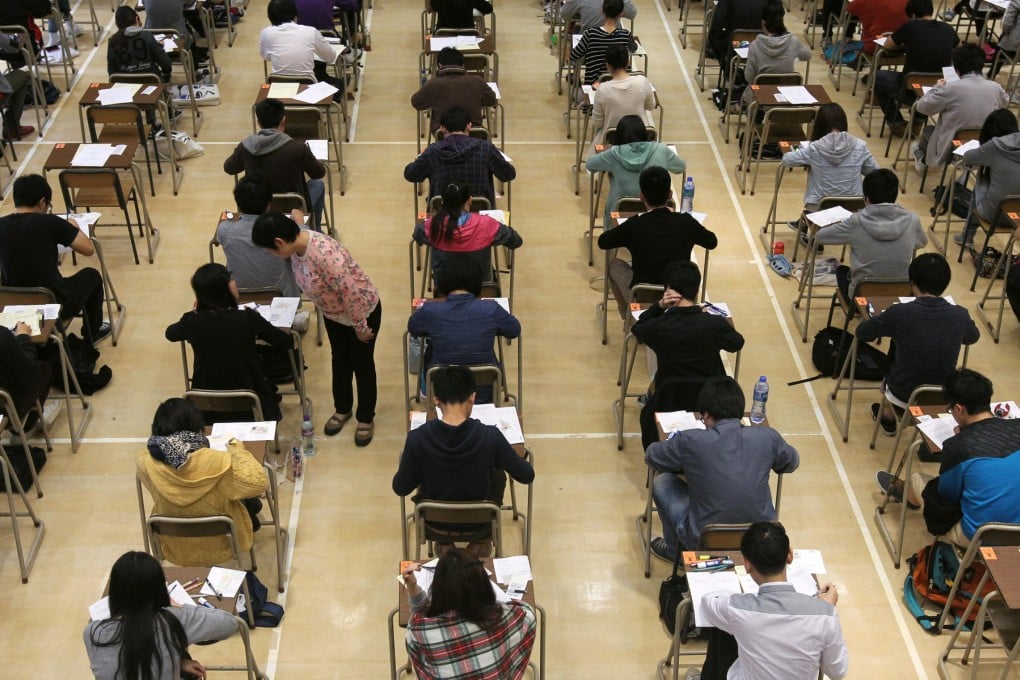Dictation classes teach students to memorise, rather than understand
I believe dictation is a ritual performed by teachers who are not resourceful. Consequently, parents and students all suffer, while gaining very little.

I believe dictation is a ritual performed by teachers who are not resourceful. Consequently, parents and students all suffer, while gaining very little.
As a father and a secondary school English language teacher, I have little respect for this commonly practised "tool of learning". My two sons had English and Chinese dictation every week when they were at primary school. I would work with them four nights a week to help prepare them for this endless and futile exercise.
My younger son, who was slightly dyslexic at that time, proved each week that, no matter how hard he tried, he could never be as good as the others. It was frustrating for the whole family.
And as a teacher, I work in a band-one school, where the students are relatively good learners. It means that, in their primary school days, these children were consistently able to attain - or get close to - 100 marks in their dictation. Yet I fail to see that this made them into good English students.
Many of them have now given up studying English; the protracted period of devoting themselves to dictation trained them to blindly memorise texts that did not have to make any sense to them. Their mindset was that, if they achieved 100, then their teachers and parents would be pleased: actually learning something from it was beside the point.
Not only does dictation act as a torturous treadmill, it also perverts proper ways of learning; it reinforces the importance of memorising - not understanding.
